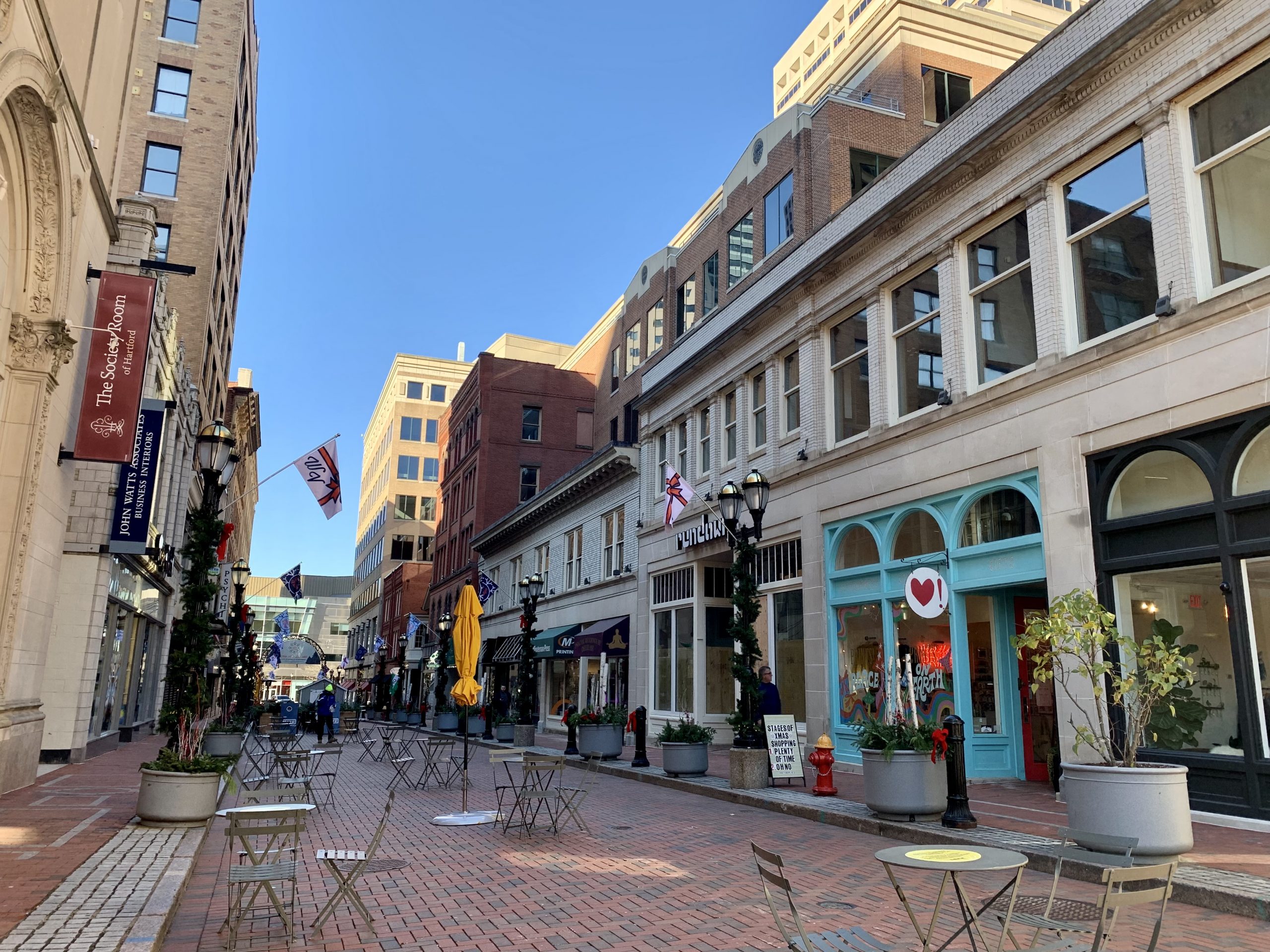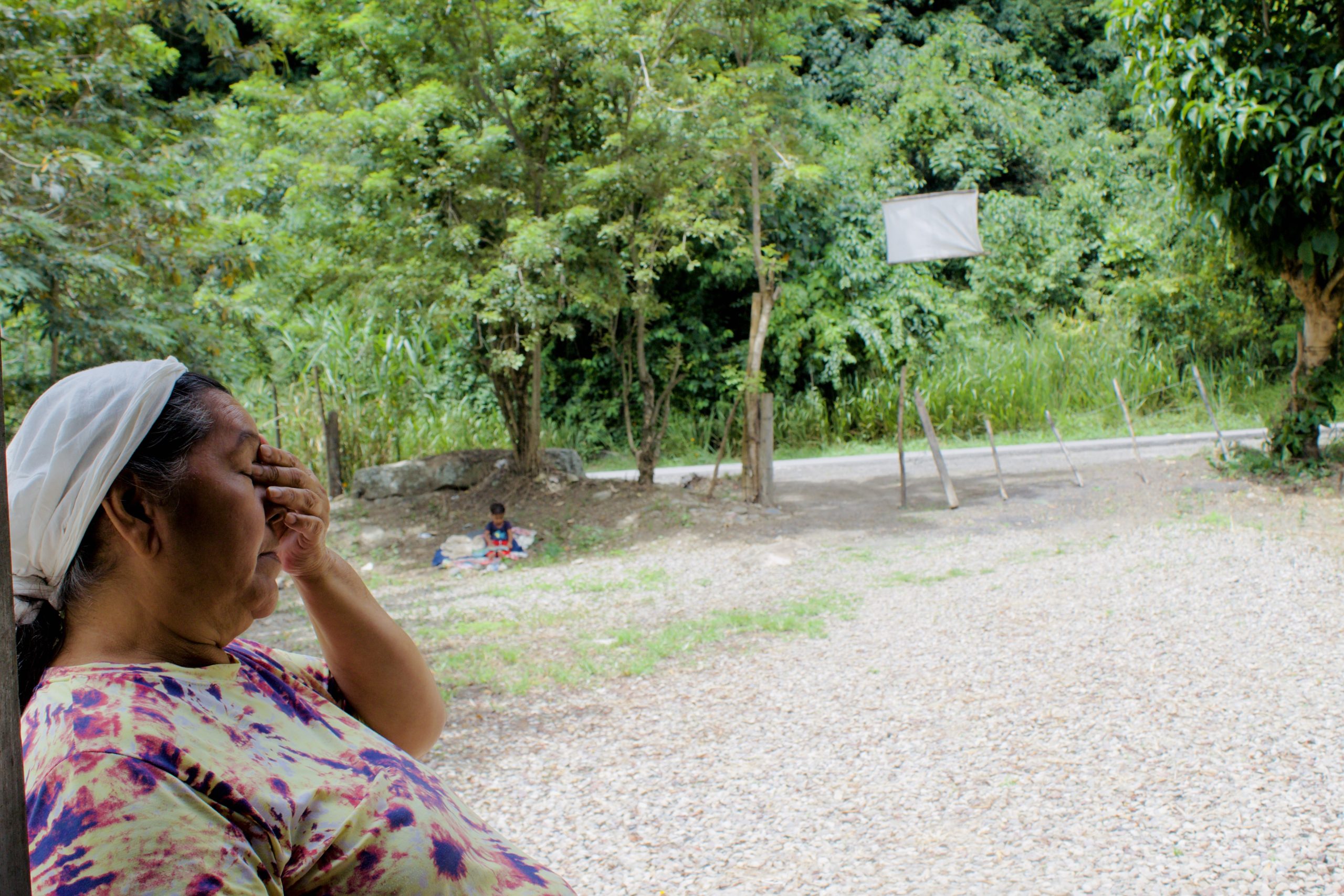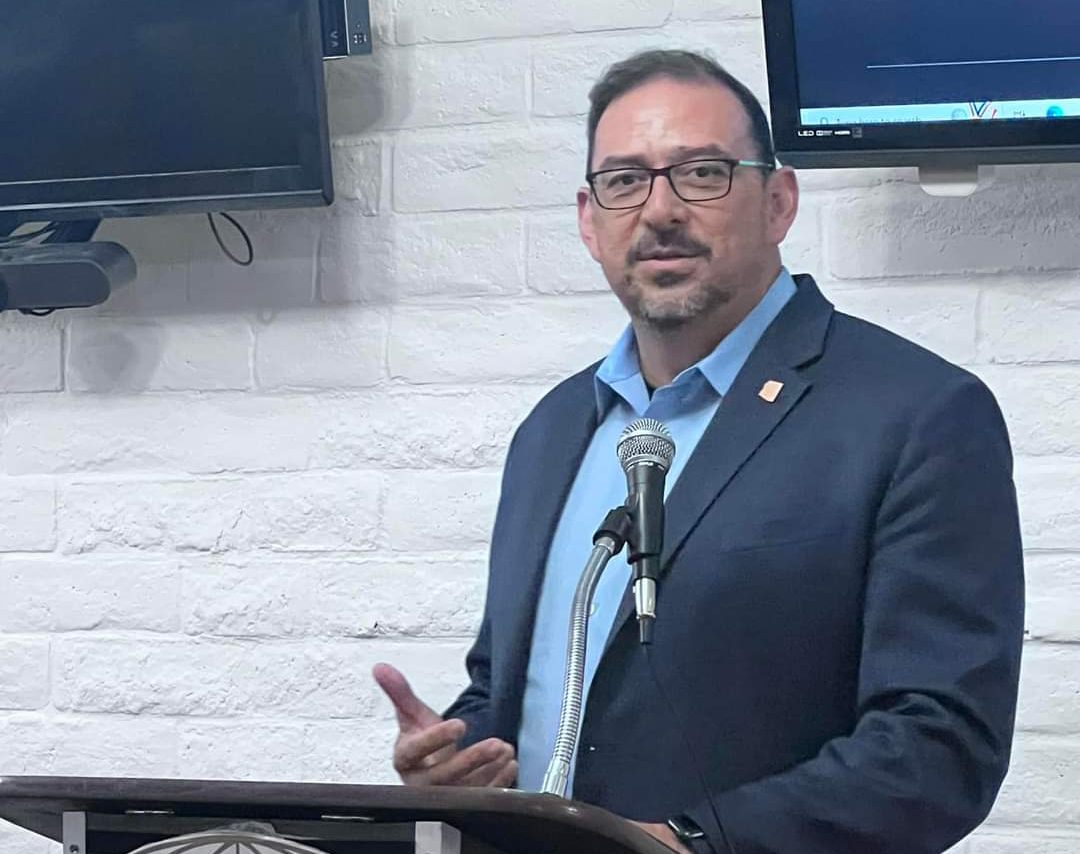CT Latino News produces stories focused on the responses to the social determinants of health. Economic Stability is vital to affording lifestyle choices and paying for quality medical care that keeps people healthy. A well-paying, steady job is critical for food security and housing stability. Savings are essential for managing chronic conditions or emergencies.
Connecticut’s public and private sectors are working together to provide flexible and accessible loans to over 100 small business owners and nonprofit leaders across the state’s diverse communities.
The Small Business Boost Fund was designed to address financial and technical barriers that specifically impact small businesses and nonprofits from marginalized communities, said Director Sheila Hummel of CT Small Business Development Office.
“We’re trying to reach [residents] and get them help. Lots of times it’s technical assistance—helping you do your application or afterward too,” Hummel explained. “Maybe, after you get the loan, you’re having some cash flow problems or something else didn’t go the way you wanted it to. Now, you have someone to go to.”
The loans have a fixed 4.5 percent interest rate, ranging from $5,000 to $500,000 with 60- or 72-month repayment terms, depending on the loan amount.
Eligible businesses and nonprofits must operate within Connecticut, have 100 or fewer full-time employees, an annual revenue of less than $8 million, and have been in operation for at least one year—although a small amount of financing is available for start-ups.
“This fund was established to support small business owners who may have previously experienced barriers to accessing financial support and works with and through community lenders that are dedicated to equitable lending practices,” Governor Ned Lamont announced in a July press release.
The program’s $150 million budget consists of a $75 million investment from the state while $75 million is being raised, coming from donations made by local banks, Hummel said.
The majority of the budget is lent to the program’s businesses and nonprofits while a smaller portion funds technical assistance to applying businesses and nonprofits.
Over a thousand businesses and nonprofits have applied to the program since its launch this summer, according to Hummel. The pre-application portal asks residents about 18 questions to either match them with a lender or technical advisor.
All of the fund’s applications are available in multiple languages, including Spanish. Residents may also speak with multilingual staff to learn about the program or when applying.
More than 100 organizations have been matched with a lender that assists residents with the application process. Applicants who are first matched with technical advisors, receive feedback and support to enhance specific aspects of their businesses or nonprofits before applying to the program.
“There are numerous different [reasons] for why you might not get matched up,” such as low credit scores or disorganized financial records, Hummel explained. “So then, you have the option of matching with technical assistance to help you be able to qualify for a loan. They’ll work with you and see what’s going on.”
Currently, about 60 percent of loans from the Small Business Boost Fund have been given to marginalized business owners and nonprofit leaders, including entrepreneurs who are women, veterans, people of color, people with disabilities, and members of LGBTQ+ communities.
However, Hummel pointed out the importance of keeping intersectionality in mind, as her team increases that percentage.
“Right now, we have nine Latino businesses that have been funded,” Hummel shared. “So, we want to increase that number and then look at where these loans are being funded. Maybe there’s not enough advertising [of the program] in Hartford…or Meriden.”
The fund has worked with local chambers of commerce along with Hispanic and Latino nonprofit organizations to spread the word about its loans.
“We’re constantly adjusting our outreach and marketing campaigns to reach a variety of diverse communities,” she said. “We’re doing ads in newspapers, radio spots in Spanish, we’re going to have [an informational] video in Spanish.”
Reaching marginalized communities can be a major challenge for many supportive programs and services, but establishing trust with residents from these vulnerable communities is another obstacle.
A few of the program’s seven lenders and local community development financial institutions (CDFIs) are known for their decades of experience “serving historically under-resources and underbanked communities”, according to the press release.
Participating CDFIs include Ascendus, HEDCO, NDC Community Impact Loan Fund, Pursuit Lending, Southeastern CT Enterprise Region (SeCTer), and Capital for Change.
Publisher’s Notes:
CT Latino News is a partner of the CT Small Business Boost Fund in supporting the state’s Hispanic and Latino communities.
CTLN sees the public as more than just the audience; you are contributors. To that end, please take our brief survey to help shape our coverage in producing stories on the social determinants of health: healthcare and quality, neighborhood and built environment, education access and quality, social and community context, and economic stability.




